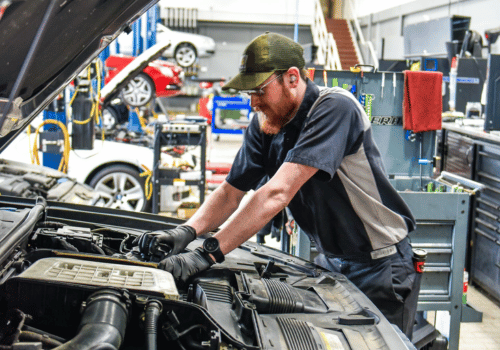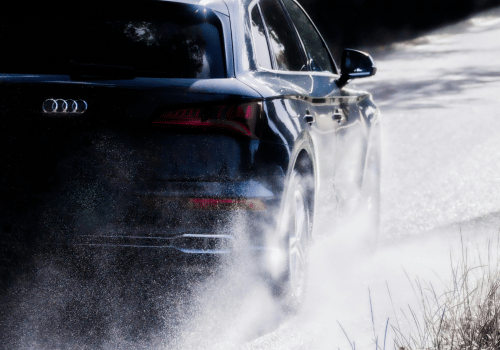The Bigger Turbo Dilemma
The allure of increasing a car's performance and power output often leads enthusiasts to consider upgrading to a larger turbocharger. While a bigger turbo may seem like a tempting modification, it's essential to weigh the advantages and disadvantages before making a decision. Considerations for your car's performance gains, drivability, reliability, and overall suitability will be taken into account as we examine whether a larger turbo is a good or bad choice - here is what we think:
Benefits Of Installing A Bigger Turbo
Let's start with the power potential of the vehicle, allowing for higher horsepower and torque output. This is achieved by the larger turbocharger's ability to accommodate increased airflow capacity, resulting in improved acceleration and higher top speeds, especially in forced induction applications.
A larger turbocharger can enhance boost response. It enables the turbo to spool up quicker, reducing turbo lag. This means that the throttle becomes more responsive, resulting in improved drivability and a smoother driving experience.
Opting for a larger turbocharger provides tuning opportunities and customization options. The increased size of the turbo allows for more room to fine-tune and modify the engine's performance. By implementing modifications such as fuel system upgrades and ECU tuning, you can optimize the engine's performance for maximum power gains.
Considerations and Drawbacks:
However, there are also considerations and drawbacks to upgrading to a larger turbocharger. Firstly, larger turbos typically require more exhaust gas flow to reach peak performance, which can result in increased turbo lag. This lag may cause delayed power delivery and reduced low-end torque, impacting the car's drivability, especially in everyday street driving situations.
Additionally, a bigger turbocharger generates more boost pressure and airflow, leading to increased stress on the engine's internals. To handle the additional power and heat generated, upgrades to components such as pistons, rods, and the engine block may be necessary.
Heat management is another important factor to consider. Larger turbos produce more heat due to increased exhaust gas flow and higher boost levels. To maintain optimal operating temperatures and prevent potential engine damage, additional cooling upgrades like intercoolers and oil coolers may be required.
Furthermore, drivability in everyday situations may be compromised depending on the size of the turbo and associated modifications. A larger turbo may require higher RPMs to reach peak power, reducing the car's responsiveness at lower speeds and during normal commuting.
Lastly, upgrading to a larger turbo can impact the vehicle's long-term reliability. The increased stress on various engine components may affect their longevity. To ensure the engine's reliability, proper supporting modifications, regular maintenance, and diligent monitoring are crucial.
If you still have questions, Eurotech Auto Service is here to answer them and help you decide if a bigger turbo will work for you!










